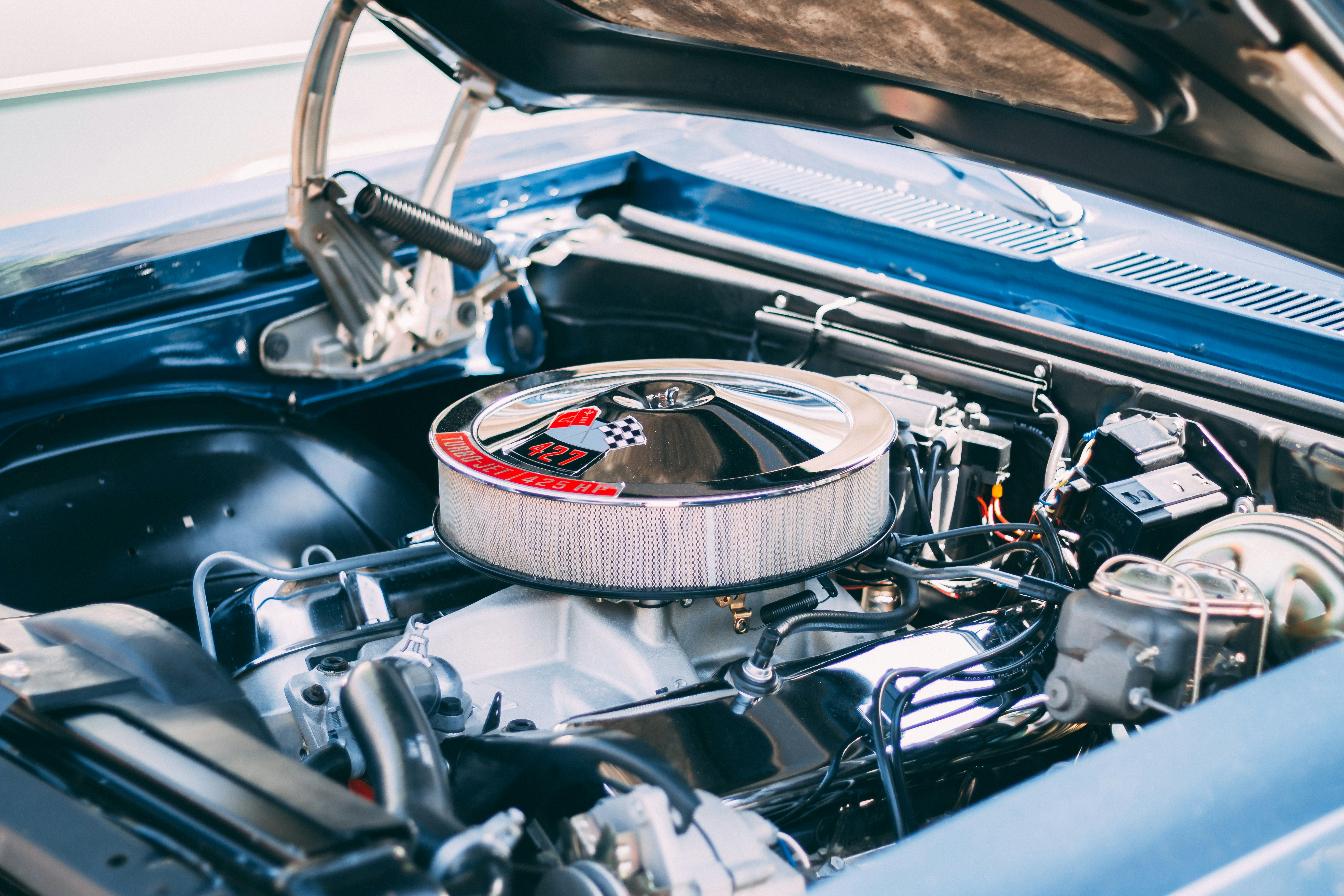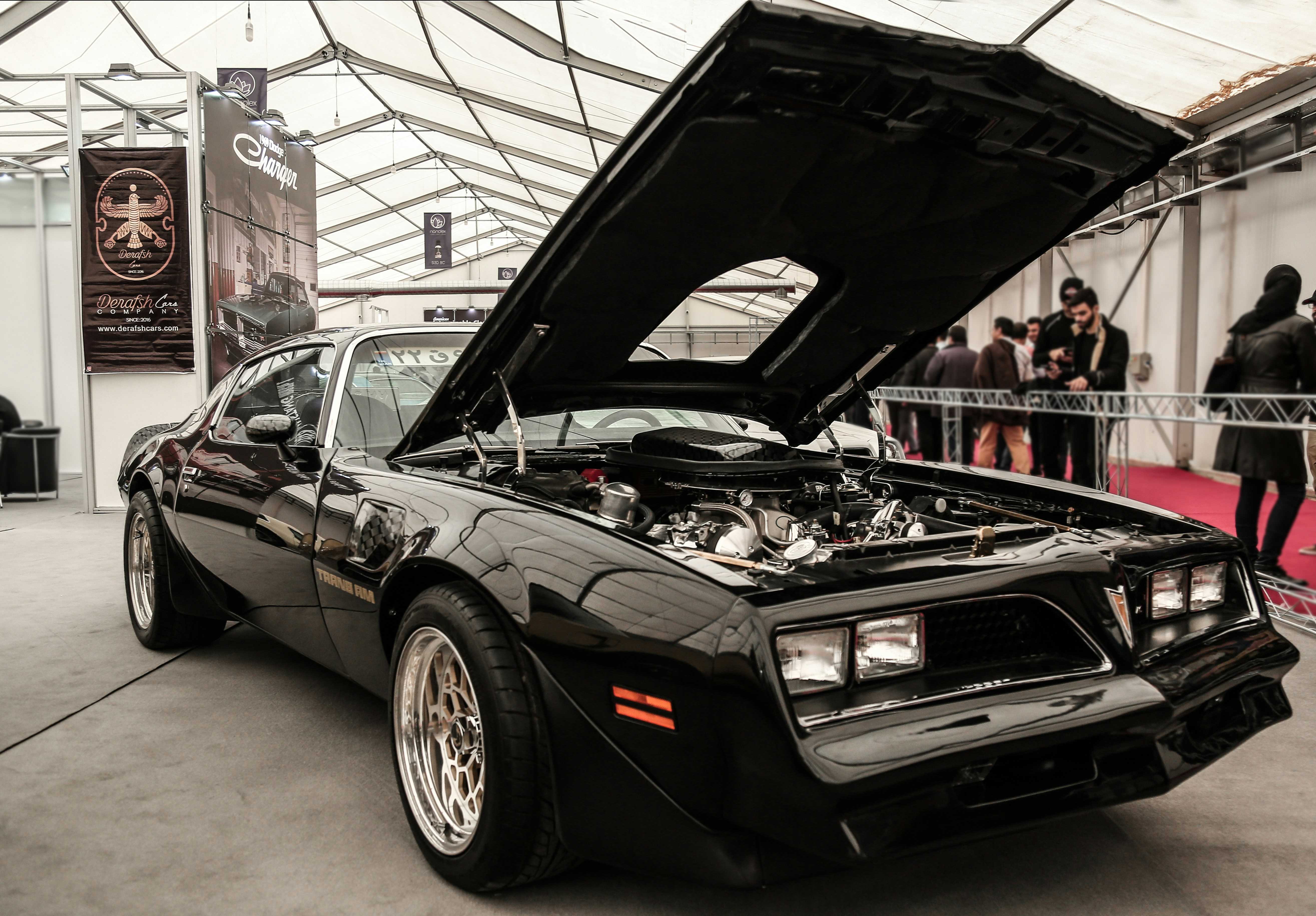Every car owner has a reason for buying the specific type of vehicle they drive, whether they need a used car with great fuel economy, a sexy antique car, or hobbyist kit cars. Foreign-made cars such as BMW, Honda, and Toyota are popular choices for daily drivers, but importing American-made cars is also popular.
The American Automobile Labeling Act (AALA), passed in 1992, is designed to help consumers better understand where their cars’ parts are manufactured and where the car was assembled. Read on to learn about several important things to consider before you import an American-made car if you’re living overseas.
Looking at the Label

The National Highway Traffic Safety Administration publishes the AALA lists on its website for all car models dating back to 2007, organized by the percentage of domestic content and in alphabetical manufacturer order. The AALA requires car manufacturers to provide parts sourcing and manufacturing information to buyers. All new cars that are AALA compliant should have a window sticker that details the percentage of United States vs. Canadian parts used, the names of any non-U.S. or Canadian countries that contribute at least 15% of the equipment content, the final assembly point, the engine’s and transmission’s countries of origin, and a statement explaining that final assembly isn’t included in parts content, distribution, or other non-parts costs.
Whether to Drive the Car

Depending on where you are overseas, having a car may not be practical. For example, busy metropolitan cities typically have reliable public transportation. Given all the effort and logistics it takes to import a car, it doesn’t make sense to go through the process if you won’t be a daily driver. You also need to consider where you will park your car. Leaving something of value on the street isn’t always wise in some places and not all homes come with private parking or carports.
Finding a new house in a good location abroad is challenging if you have no experience with your new environment. You’ll probably want to have all of your belongings delivered and ready as soon as you arrive at your new location, which puts the pressure on to find a home. It’s hard to know what’s a reasonable price for a new house with the amenities you need, such as a covered carport for your regular-use vehicle, in a foreign real estate market without the help of a realtor. Thankfully with the help of property portal Zameen, you can find houses for sale in Lahore, Pakistan in your ideal location and price point. Popular searches for ex-pats include renting flats, houses, and commercial properties in Gulberg, Bahria Town, Kanal, Paragon City, Askari, Karachi, and Islamabad.
The property portal connects buyers and renters with sellers and landlords in the Pakistani real estate market to simplify the entire process. You can search for new properties based on square feet, square meters, Kanal or marla, number of bathrooms and bedrooms, housing scheme, private driveway, and more. With Zameen in the palm of your hand, you can find a new house in a hot location to meet all your needs and wants so that you can have peace of mind that your imported American-made car has a secure place to be delivered to.
Exporting a Car From the United States

Exporting a car from the United States is a complicated process. In most cases, only certified car dealers and government contractors can export cars with the appropriate paperwork to another country with which the United States holds a treaty or peace agreement.
Overseas commerce involving exports is only possible if the importing country has a treaty with the United States and is compliant with current peace agreements. According to regulations, exporting companies are required to certify cars, trucks, and other vehicles with all necessary documentation. The export-import arrangement must be registered with an agency for tax reasons, and all receipts and paperwork related to the sale must be properly documented with official channels.
Not all countries are approved for the sale and import of American-made cars, and some countries don’t import because of weak sales or lack of interest in brands from the United States. The best way to avoid any complications with foreign governments or international laws is to ensure the arrangement is legitimate and in compliance with all regulations and treaties.
One of the best ways to find a new car or used car at a reasonable price is to buy with peace of mind from an online auto auction. You can find any type of car from popular car manufacturers including motorcycles, muscle cars, vintage cars, passenger cars, and vans. Auto Auction Mall helps buyers purchase American dealer-only auctions and export used cars in Ghana. Simply register with an agent to participate in dealer-only auctions, browse their collection of used and new cars, and an auction specialist will facilitate shipping your new vehicle. They will help you find the most ideal location to buy your new vehicle to save you as much as possible on shipping expenses.
Documentation

You will need to present the original certificate of title for the American-made car you are exporting as part of the business arrangement. This certificate as well as other documents are required regardless of the car’s value, condition before export, and any other operations in place. You will have other documentation for procedures with the exporter, agents, or Customs. You will have to successfully pass through each stage before proceeding to the next, and the car will need to be present for an inspection to receive a permit from Customs.
There are other important details you will need to have available for the inspection, including the VIN, product description, and the product ID number. Once all requirements have been met, your car will be permitted to export overseas.
Classic cars are in high demand overseas, particularly in European countries. Germany and the Netherlands are the biggest importers of U.S.-made cars, with the most popular types of cars including classic cars, muscle cars, Corvettes, and large passenger cars from the 1950s and 60s.
Many American collectors dream of owning a classic car but don’t realize what type of car insurance is the best option. Classic vehicles aren’t like regular cars and need their own brand of classic car insurance policies. Whether storing a collectible car in a carport or driving it to car shows, regular car insurance isn’t sufficient for a collector vehicle. Trading Costs offers collectors useful tips when shopping for insurance for classic cars.
Any collectible car that is more than 15 years old and has a certain cash value, could be considered a classic vehicle and qualify for classic auto insurance. There are three categories for the type of vehicle to be considered a classic – Veteran cars made before 1904, Edwardian cars made between 1905 and 1918, and limited options that are rare or of special interest. Classic car insurance stipulates a minimum driver age restriction that limits who can drive the classic car. When choosing a classic car policy, the best option suits your budget and ability to pay monthly premiums, and driving habits.
Autonomous Cars

Autonomous vehicles (AV), or self-driving cars, use cameras and sensors to navigate without a human driver. AVs are hardly a new technology, but interest in self-driving cars has been growing and is expected to reach $36 billion by 2025. Google’s self-driving car project Waymo is an industry leader contributing large amounts of resources into autonomous car development. Driverless cars offer many benefits over regular cars, but it’s too early to say if motorists are ready for driverless cars.
Future Insights provides some interesting information and statistics for autonomous vehicles. Waymo cars have been around since 2014 and as of last year, their self-driving cars have driven a total of 8 million autonomous miles on the open road. Major automakers are also working on automated driving systems such as autopilot mode and cruise AVs. Uber has even dipped its toes into the driverless car technology pool.
Serious crashes and fatalities have occurred with autonomous cars, especially when on autopilot, but car accidents are less severe. New technology is changing how people go about their daily lives, and the automotive industry isn’t exempt. Consumers are still on the fence about the application and practicality of self-driving cars, but with further innovation and advances in safety, autonomous cars may change the future of driving.
Buying and importing a U.S.-made car overseas isn’t an easy process, but it’s not impossible if you know what to expect. Before anything, make sure you will drive your car and have a place to keep it. Then be sure that you can legally get your car into the country and have all required forms of documentation.











